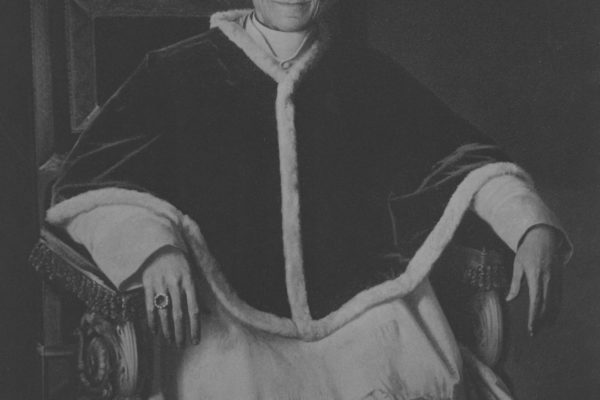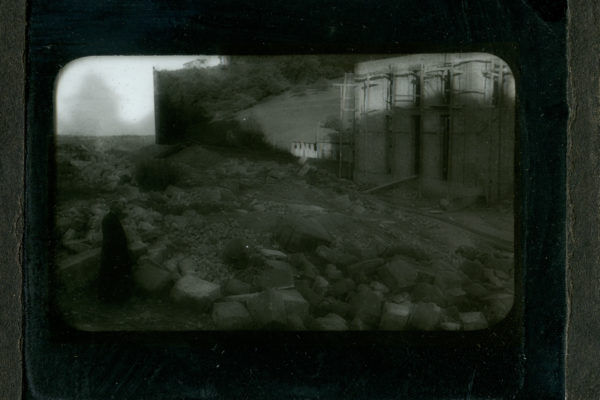Pope
...are unfallible,” Nast shows his fear that Irish politicians would turn the United States into a theocracy (a country ruled by religious leaders). “I Would Be Anything to be President,” November 2, 1872 Nast contrasts Henry Clay with presidential candidate and founder of the New-York Tribune Horace Greeley. Greeley was
Historic Anti-Catholic Cartoons
...es. World events, such as the new dogma of papal infallibility (the belief that the pope cannot be wrong in matters of faith), raised concerns that Catholics owed allegiance first to the Church and not to the United States. The increasing number of Catholic immigrants, most notably from Ireland, led
The Church and Labor
...iladelphia were often vocal in their views of the economic problems in the United States. Archbishop Patrick Ryan was active in labor relations, working on a number of occasions as a mediator between management and labor unions to bring about peace resolutions. In a 1953 Labor Day speech, John Cardinal
Catholics Responses to the Spanish Civil War
...le religious were killed by the Republicans during the war.[5] Over in the United States, many religious figures called for the support of the Nationalist cause. Two prominent Philadelphia Catholics, Dennis Cardinal Dougherty and Msgr. Edward Hawks, were large supporters of the war effort. Cardinal Dougherty was always quick to



